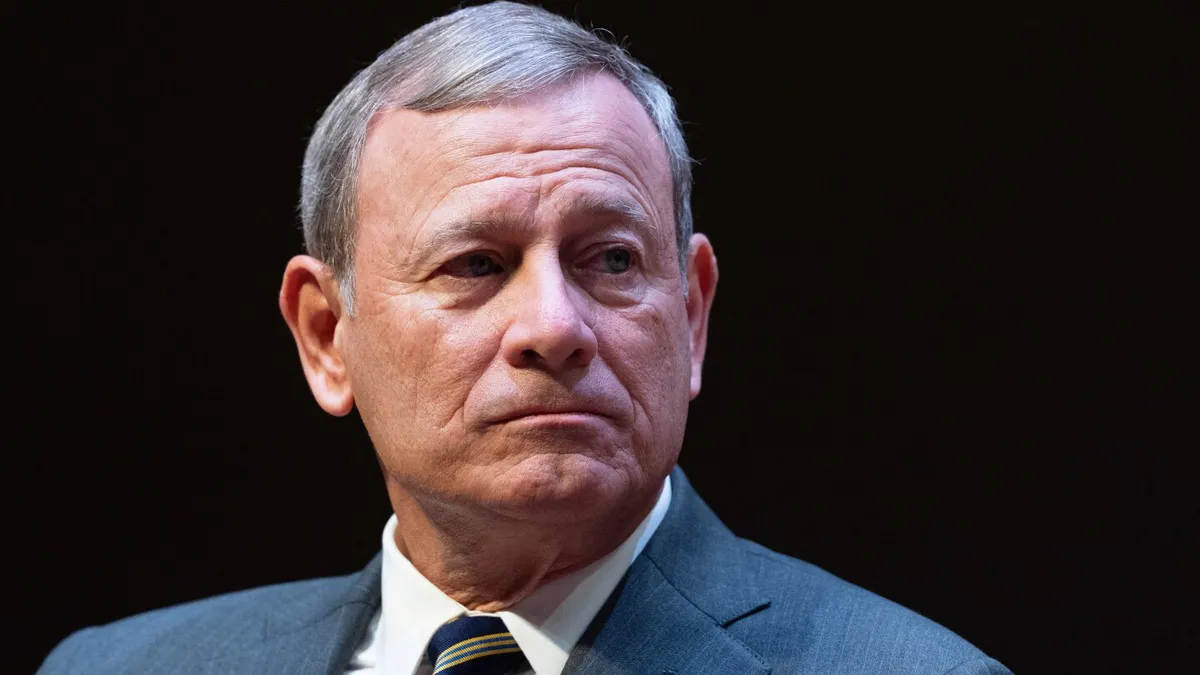
In a significant legal development, Chief Justice John Roberts has temporarily upheld the Trump administration's controversial decision to freeze nearly $5 billion in foreign aid. This action came on Tuesday after the administration made an emergency appeal to the Supreme Court regarding billions of dollars in congressionally approved aid. This decision has sparked considerable debate about executive power and congressional authority over federal spending.
Last month, President Donald Trump announced that he would not allocate approximately $4.9 billion in foreign aid that had been previously approved by Congress. He invoked a disputed authority that had not been used by a president in approximately 50 years. The temporary order from the Supreme Court suggests that the justices may be inclined to overturn a lower court ruling, which indicated that withholding the funding was likely illegal.
U.S. District Judge Amir Ali ruled last week that any decision to withhold the funds required Congressional approval. Trump, in a letter to House Speaker Mike Johnson, R-La., dated August 28, communicated his intention not to spend the foreign aid, effectively executing what is known as a pocket rescission. This method allows a president to submit a request to not spend approved money toward the end of a budget year, preventing Congress from acting within the mandated 45-day window, resulting in unspent funds.
The Trump administration has prioritized deep cuts to foreign aid as a key component of its policy agenda, even though the financial savings are minimal in comparison to the national deficit. Critics argue that these cuts could harm the United States’ reputation internationally, as foreign populations would lose access to vital resources such as food supplies and development programs.
The administration sought the intervention of the Supreme Court after a panel of federal appellate judges declined to block Judge Ali's ruling. Lawyers from the Justice Department informed a federal judge last month that an additional $6.5 billion in aid, also subject to the freeze, would be spent before the end of the fiscal year on September 30. The legal battle over the aid freeze has been ongoing for months, with Judge Ali acknowledging that his ruling might not be the final word on the subject.
Judge Ali emphasized that this case raises profound questions regarding the legality and practicality of the executive branch's decision to withhold congressionally appropriated funds. He noted, "This case raises questions of immense legal and practical importance, including whether there is any avenue to test the executive branch’s decision not to spend congressionally appropriated funds.”
In August, the U.S. Court of Appeals for the District of Columbia Circuit dismissed an earlier injunction issued by Ali, which mandated that the funds be disbursed. However, the three-judge panel did not terminate the ongoing lawsuit, allowing the case to continue through the judicial system.
As this situation unfolds, the implications of the Supreme Court's eventual ruling could have lasting effects on the balance of power between the executive and legislative branches regarding federal funding and foreign aid.